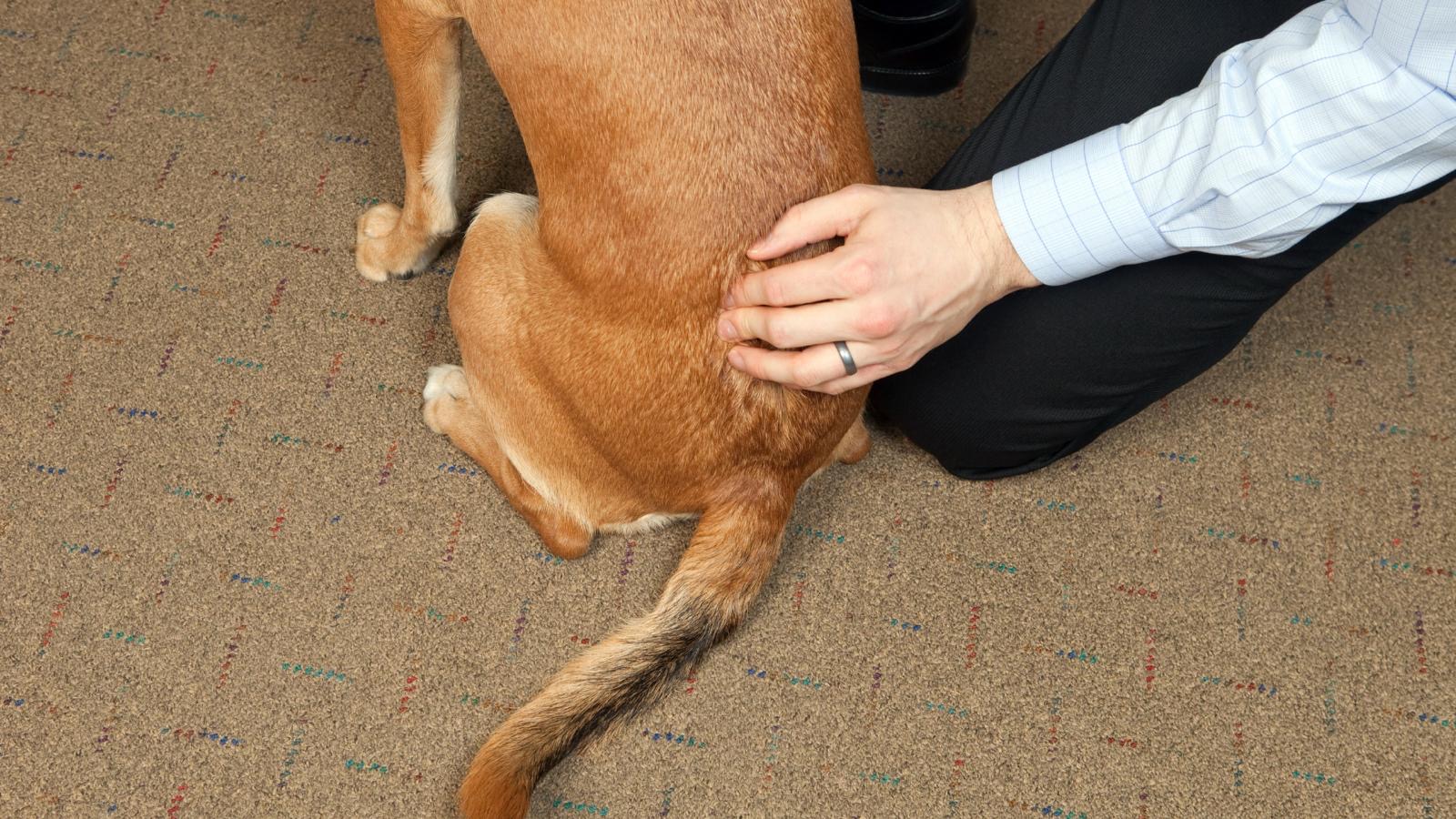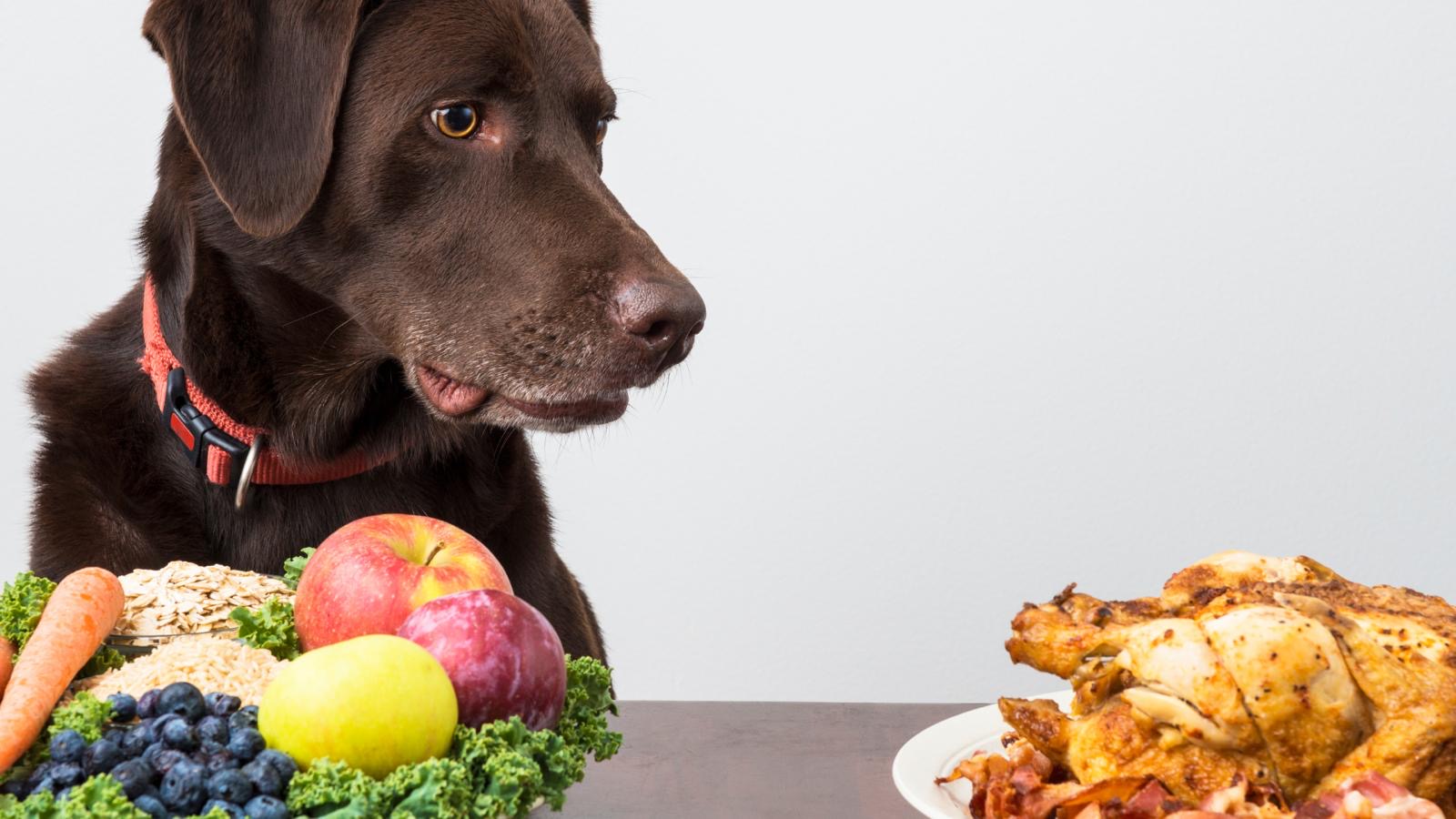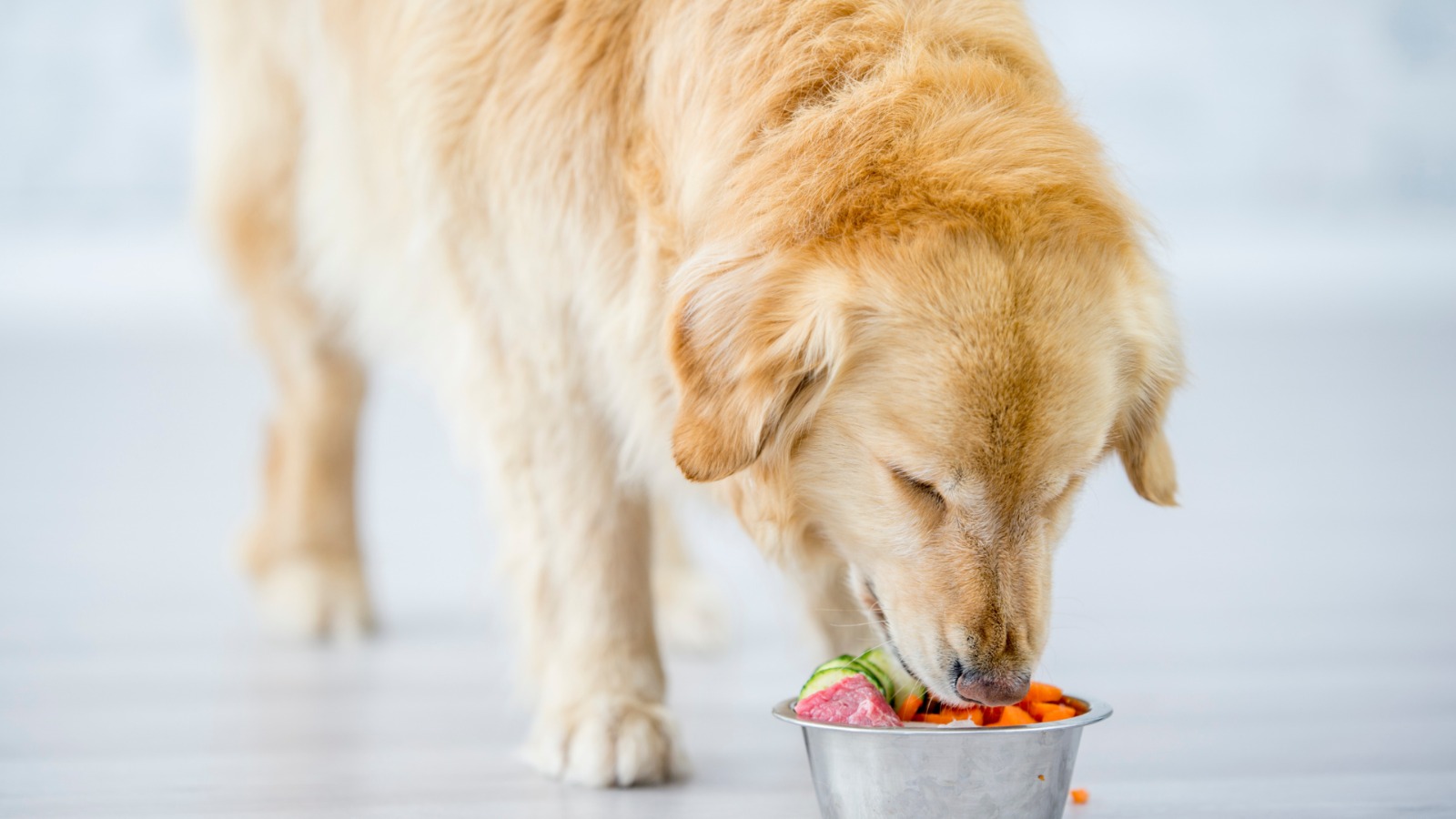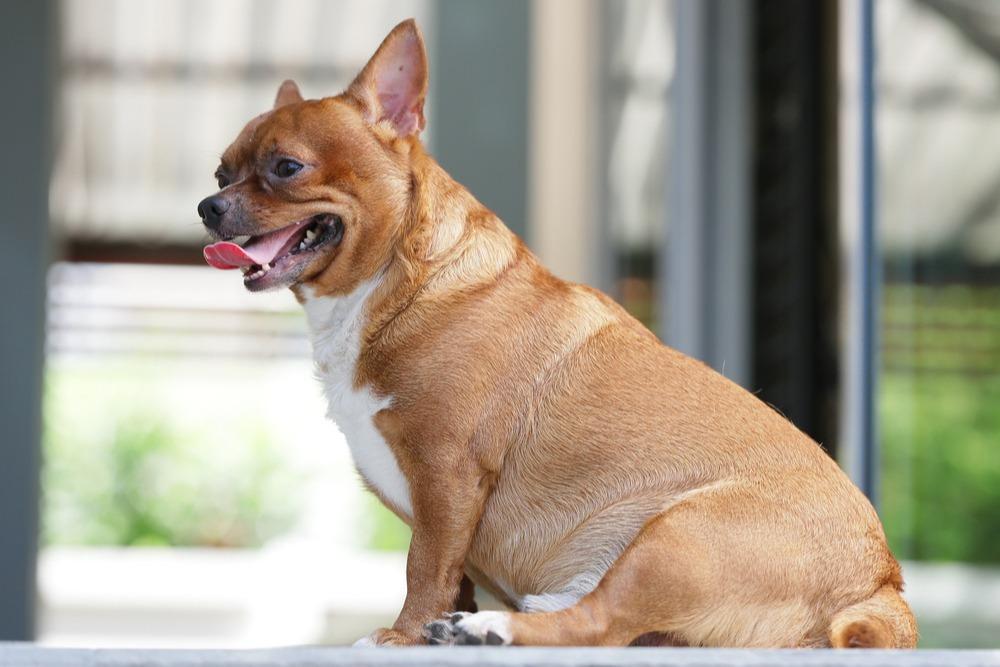
Obesity is a huge problem in the pet world. Whilst official figures are quite reserved in their rates, the true number of pets who are obese or overweight is worrying.
Being overweight increases the risk factors for developing:
All things considered, it’s easy to see why obesity significantly reduces lifespan and why it is something that really needs to be addressed.
Obesity is defined as an accumulation of excessive amounts of adipose tissue. It is generally a state of positive energy balance.
When food is ingested, it is digested and metabolised. The body uses the nutrients it needs and converts the main macronutrients to energy.
On a simplistic level, it could be argued that obesity is the result of eating more food than is needed to carry out normal daily activities.
However, we know that obesity is far more complex than this. Whilst this can be an issue for some pets, we must also consider other factors which contribute to weight gain in pets.
When we said obesity is multifactorial, we weren’t kidding. Studies have demonstrated that transplanting the microbes from an overweight mouse to a lean mouse, would subsequently make the lean mouse, fat.
The suggestion is that the presence of a particular gut microbial community may affect how much energy is extracted from the diet.
Antibiotics of course play a role in this. Studies have shown that treatment with antibiotics markedly influences body composition.
In short, low diversity in the gut is associated with marked overall adiposity. There are a range of factors that can contribute to low diversity in the gut including:
Microbes can also drive hunger. In short, they secrete proteins that generate cravings for the substances they thrive on. Many processed foods are calorie dense but not nutrient dense. This is worth considering for the hungry dog who never appears to be satisfied.
There is also a polymorphism found on four genes that can contribute to canine obesity. Not surprisingly one particular variant is found in some Labradors. This variant regulates how the brain recognises hunger and feelings of being full.
This doesn’t mean that these dogs are destined to be obese, what it means is that their environment needs more modification than those dogs who don’t possess the variant.
It seems that, on a simplistic level, certain hormones cause fat cells to suck up fatty acids more readily than they otherwise would or slow down the rate at which triglycerides are converted back.
Both oestrogen and testosterone have been shown to decrease the rate at which certain cells take up free fatty acids, which results in keeping the fat cells relatively small (and why in humans you will notice differences in fat gain between males and females).
This is why after neutering your pet, you are advised to monitor their weight as more often than not, they gain weight.
The thyroid gland releases hormones that regulate your dog’s metabolism, so a thyroid condition could cause your dog to rapidly gain weight if it reduces the amount of hormones being produced.
This condition is known as hypothyroidism and can cause weight gain, lethargy, dull or dry coat, or oily, greasy skin.
Cushing’s disease in dogs, also known as hyperadrenocorticism, is a condition where a dog’s body produces too much of the stress hormone cortisol. Hyper meaning too much, adreno meaning the adrenal gland and corticism refers to the outer part, or cortex of the adrenal gland.
Cushing’s in dogs is the opposite to Addison’s disease, which is when the body doesn’t produce enough hormones.
Generally if your dog is gaining weight over a period of time, it is worth looking at their food intake compared with their activity levels. If you see a more rapid onset of weight gain, it could be worth getting your dog checked over for any underlying health issues.
Check out our blogs for managing obesity in pets:
If you are concerned about your pet’s health, then check out our services to see how we can help.
Thanks for reading,
MPN Team








